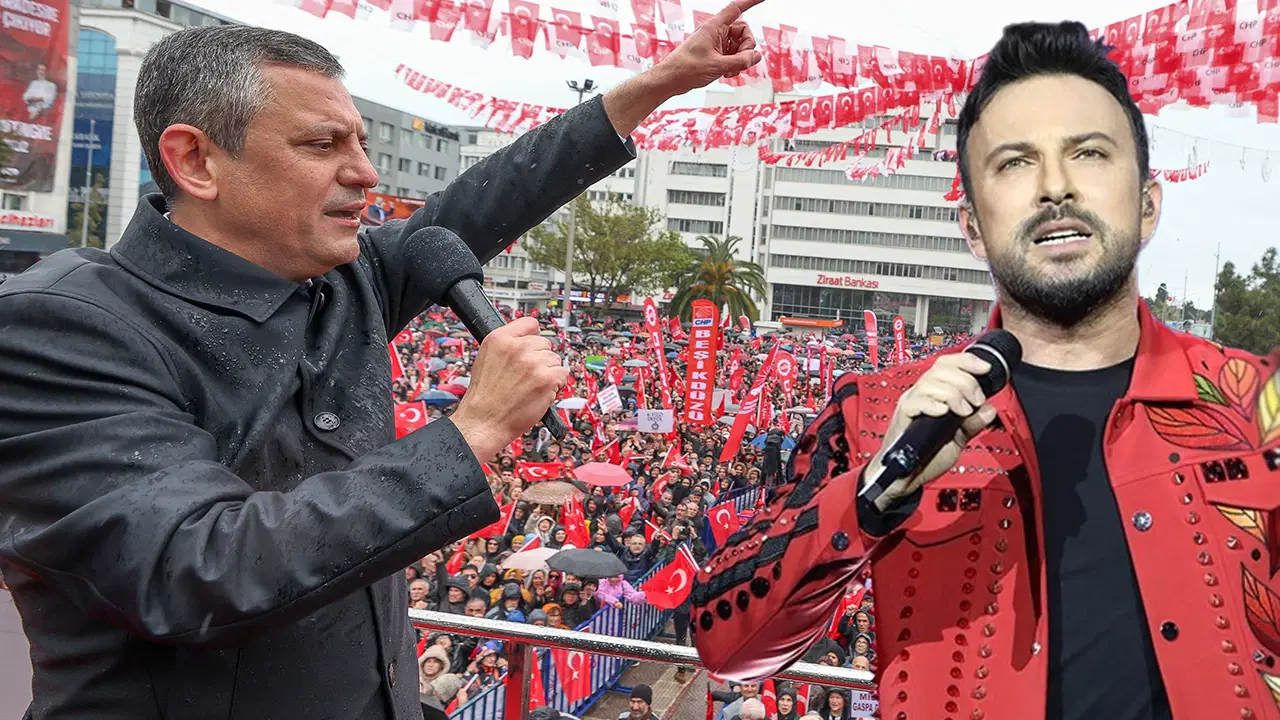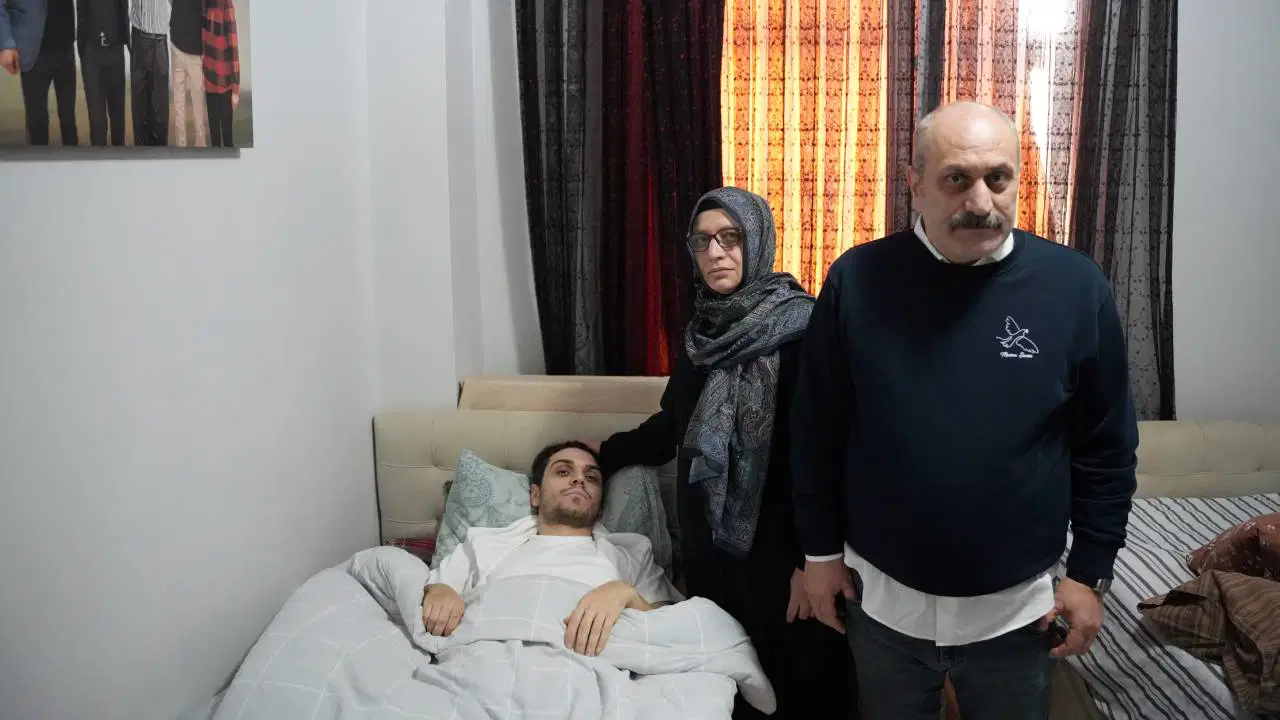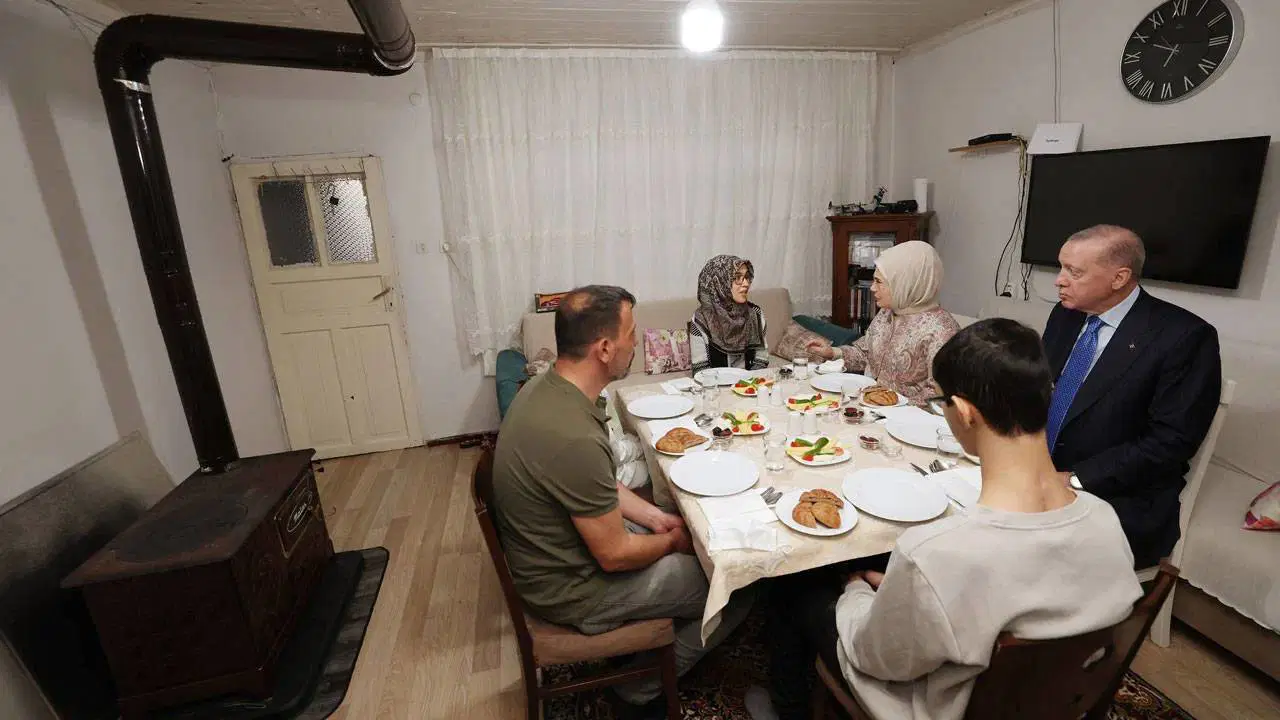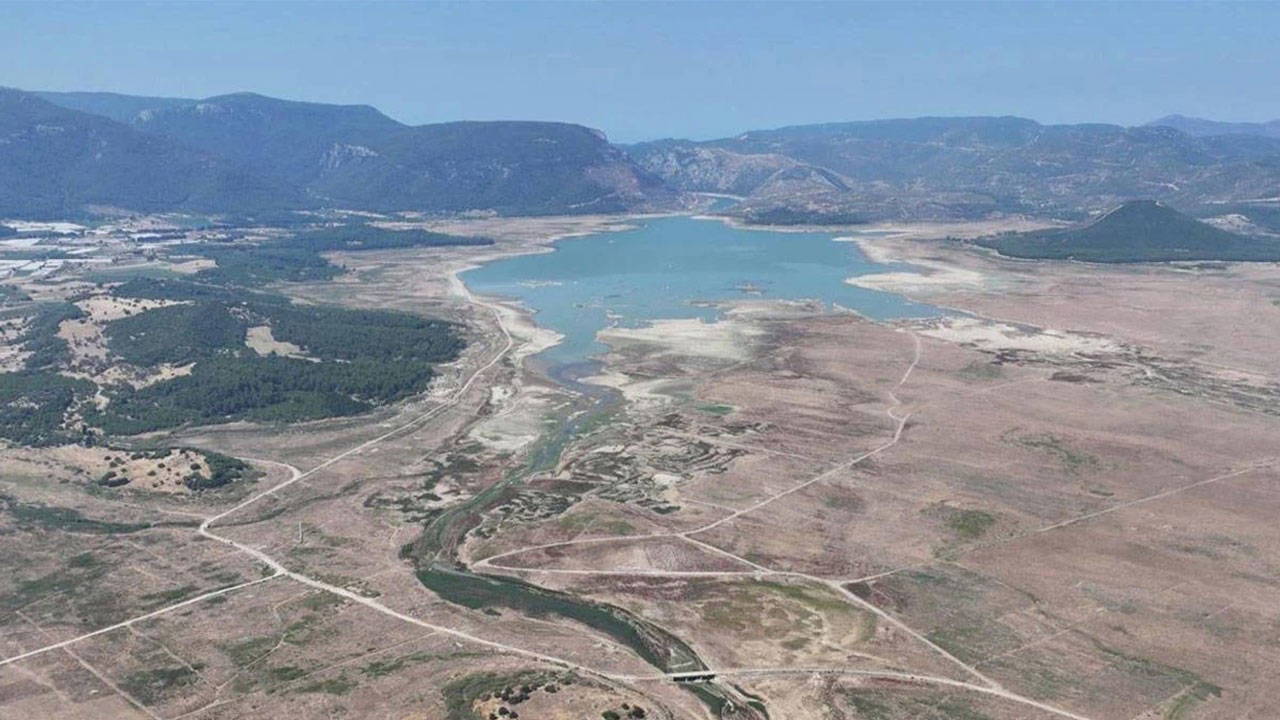ÇİĞDEM TOKER
The Grand National Assembly of Turkey has undergone radical change in form and structure.
It is not just the number of seats increasing to 600 and the number of parties in parliament from four to seven.
The fundamental structural change has taken place in the separation of powers that has its source in Atatürk’s statement, “Sovereignty resides unconditionally and unreservedly in the nation.”
The parliament whose opening we followed yesterday and in whose corridors and salons this parliamentary correspondent has spent years was not the parliament we know.
It is a parliament that cannot monitor the executive through such means as parliamentary questions, interpellation or votes of confidence.
For, there is no longer a prime minister or cabinet.
Mention of the executive means the President. You had been able to monitor ministers through parliamentary questions and interpellation. How can motoring the President through these traditional means of oversight be contemplated?
As things stand, there is a hint of “Just you dare” in the motive for this arrangement. And a hint of a mindset that perceives oversight as being an impediment. However much, until the subsequent term, the AKP’s mathematical majority restricts its use of the means of oversight, let me tell you how it feels: the new parliament resembles a plane tree who branches have been cut off (not pruned).
***
The atmosphere in parliament that we have seen and witnessed for a quarter century was truly different from yesterday’s ambience.
The main grounds, with the ruined former public relations building, the rubble that dismays those familiar with what used to be and the multifarious crowd spreading and fluttering around the wide space, presented a fair-like spectacle in the roasting summer heat.
As 2 pm neared, the diplomatic mission vehicles with CD number plates lined up before the press gate were noticeable in their large numbers.
There was a hypnotic side to the ceremonies that made one forget old times and pushed what until yesterday had been deemed to be the most important matters to the back of one’s mind and truly diminished their importance. Immediately on entering the General Assembly chamber, politicians’ gestures that had assumed exceptional importance took precedence over everything.
It was if we had not come through a controversial election. 24 June had passed by to the accompaniment of a merry tune and in an exceptionally fair setting. No suspicious circumstances had been experienced.
And as if the regime had not changed. Unfortunately, “Sovereignty resides unconditionally and unreservedly in the nation” no longer applies in the sense that Atatürk spoke these words.
Under Durmuş Yılmaz’s direction
He courted great attention years ago with the President of the day, Ahmet Necdet Sezer, not vetoing his appointment resolution.
Former Central Bank Chair elected as a Good Party MP, Durmuş Yılmaz, directed the swearing-in session as temporary deputy speaker. The resurrection of the tailcoat tradition, whose ending is sought, delivered a message.
He also made a subtle criticism of the system in saying, “There is also democracy beyond the ballot box” as he assumed his duties from Kahraman. But, it was also clear that he was taking care to maintain his composure.
Erdoğan, engaging in a lively conversation with former speaker İsmail Kahraman in his box at the General Assembly, appeared thoughtful. He was not alone. The facial expressions of the heads of the senior judicial organs were similar.
WHO DOES SOVEREIGNTY RESIDE WITH?
The number of members of parliament has risen to 600. But, yesterday’s ceremony was deficient in terms both of numbers and democracy. Enis Berberoğlu, elected as a CHP MP, and Leyla Güven, elected as an HDP MP, were unable to swear in, because they are detained in prison and because they have not been released despite being elected. As you see, sovereignty resides nothing like unconditionally and unreservedly in the nation.
Undisclosed payments in TIBA report
On Friday, the Turkish Industry and Business Association (TIBA) presented its “Central Administration Budget Monitoring Report.” The Budget Monitoring Report, which is the product of careful and analytical work, bears the signature of an experienced former civil servant and academic: Ferhat Emil.
The report contains a detailed study by item and amount of overshoots against payments set at the start of the year. For example, the payments allotted by parliament in the 2016 budget were exceeded by 21.259 billion lira. (Court of Account General Compliance Notification Report)
Alongside this, we encountered certain budget items that I have frequently called your attention to in past years in this column. The five-year period encompassing 2012-2017 was examined. Over these five years, undisclosed payments rose by 14.5% from one and a half billion lira to three billion lira. Certain other selected highlights are as follow:
-The annual increase in cleaning services the state assigns to sub-contractors was 23.3%.
-This was 28.6% with the procurement of private security services. Both figures increased well above the annual rate of inflation and growth.
-Performance and hospitality expenses rose by 15% over the past five years from 127 million lira to 255 million lira.
-The highest increase in mandated losses was at Halk Bank (24.4%) and the Social Security Institution.
-Among investment expenditure, the increase in purchases of land vehicles was also very high.
An annual average increase of 12% is evident in purchases of land vehicles, which includes armoured vehicles, official cars and vehicles for service purposes. 2016 was the year in which the highest increase was seen
Presiding judge’s words come true
The date was 25 December 2017. It was the fifth hearing of the Cumhuriyet trial in which Cumhuriyet managers and columnists had been held in detention in jail for nearly one and a half years.
It had been two minutes since detained Ahmet Şık had started his defence before Serious Crime Court No 27.
“With this state of affairs emerging, the AKP rulership’s strongest weapon was without doubt the media. Through seizures and purchases, a media that served as the rulership’s spokesperson was constructed.”
The court’s Presiding Judge Abdurrahman Orkun Dağ intervened in an angry tone of voice and pretty harshly, saying, “Look:”
“This is not a defence. The AKP rulership... Go and be a member of parliament, then!”
Ahmet Şık: Your honour, can I ask something?
Presiding Judge: This trail is not a political trial, it is a trial under an indictment that has been accepted. I will not permit the defendant’s defence in this form.
Ahmet Şık: Why?
Presiding Judge: You are ejecting the defendant. I am now halting the defendant’s defence pursuant to Article 204 of the Code of Criminal Procedure.
Ahmet Şık, whose defence before a court seven months ago was halted with it deemed “political,” was sworn in as an MP.
There is no need for too much comment.















